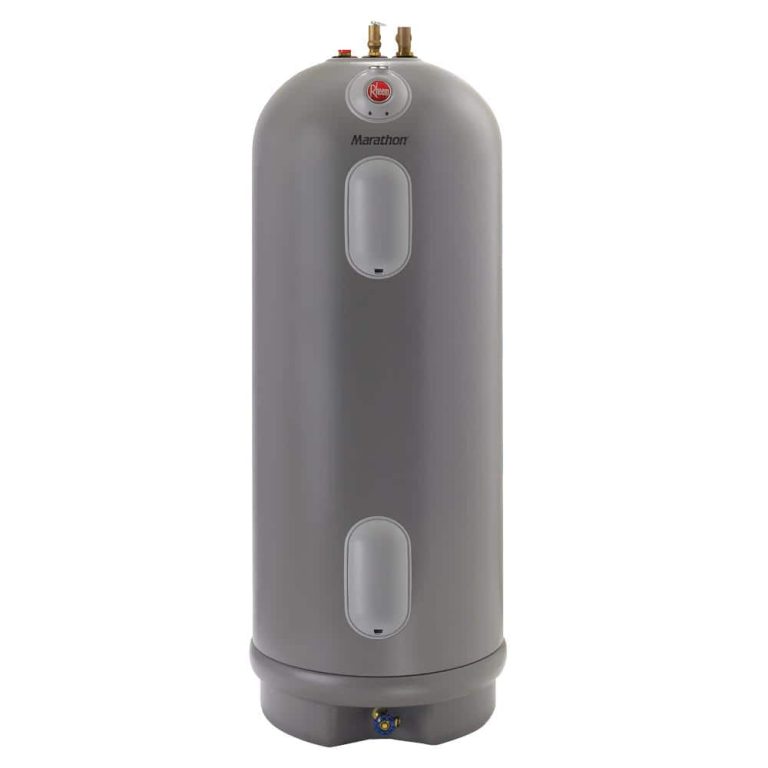Running With Asthma
Running with asthma is possible with proper management and precautions. Adjusting your routine and medication can help alleviate symptoms.
Pounding the pavement while dealing with asthma can feel intimidating, but with the right strategies, you can still enjoy a fulfilling running experience. Asthma should not hold you back from pursuing your passion for running. Incorporating disciplined routines, identifying triggers, and listening to your body are essential for maintaining a safe and enjoyable running regimen.
By following a careful approach, you can conquer your asthma and stride towards your fitness goals confidently. It’s crucial to consult with healthcare professionals to tailor a plan that optimizes your performance and minimizes asthma symptoms during your runs.

Credit: m.youtube.com
Impact Of Asthma On Running
Asthma can significantly impact a runner’s performance and experience, affecting breathing, endurance, and overall safety. Individuals with asthma face unique challenges that require careful management and understanding to continue enjoying the sport.
Difficulty In Breathing
One of the primary challenges asthma presents to runners is the difficulty in breathing. Even during mild exercise, the airways can become inflamed and constricted, leading to wheezing, chest tightness, and shortness of breath. This can hinder a runner’s ability to maintain a steady pace and may necessitate frequent breaks or reduced intensity of workouts.
Risk Of Asthma Attack
Runners with asthma are at an increased risk of experiencing an asthma attack during physical activity. The combination of exertion, environmental triggers such as pollen or air pollution, and the body’s response to exercise can escalate the likelihood of an asthma flare-up. This risk underscores the importance of being prepared and vigilant while engaging in running activities as an individual with asthma.

Credit: www.amazon.com
Tips For Running With Asthma
Asthma should not hinder your passion for running. By following these tips, you can enjoy a safe and fulfilling running experience even with asthma.
Consultation With A Doctor
Before starting any running routine, consult with your doctor to ensure it is safe for you and discuss any concerns you may have.
Proper Warm-up And Cool-down
Always remember to perform a proper warm-up before running and a thorough cool-down afterwards to prevent asthma attacks.
Choosing The Right Environment
Opt for running in environments with clean air, such as parks or trails, to minimize exposure to potential asthma triggers.
Managing Medication
Consistently take your prescribed asthma medication as directed to keep symptoms under control before, during, and after your run.
Breathing Techniques For Runners With Asthma
When running with asthma, mastering breathing techniques can make a significant difference in your performance and overall well-being. Here are two effective techniques that can help asthma sufferers improve their running experience:
Diaphragmatic Breathing
Diaphragmatic breathing involves utilizing the diaphragm muscle to take deep breaths, allowing more air to reach the lungs. To practice diaphragmatic breathing while running, focus on expanding your belly with each inhale and contracting it with each exhale. This technique can enhance oxygen intake and prevent shallow breathing, which can trigger asthma symptoms.
Pursed Lip Breathing
Pursed lip breathing is another useful technique for runners with asthma. To perform pursed lip breathing, inhale slowly through your nose and then exhale gently through pursed lips, as if you are blowing out a candle. This helps maintain airway pressure and prevents the airways from closing abruptly, reducing the likelihood of an asthma attack during your run.
Building Endurance And Stamina With Asthma
Building endurance and stamina with asthma is a challenge that requires careful planning and a smart approach to training. While it’s crucial to be mindful of your body’s limitations, it’s also possible to make significant progress in your running performance despite having asthma. By implementing gradual increase in distance and intensity, interval training, and cross-training, individuals with asthma can improve their overall endurance levels and achieve running goals.
Gradual Increase In Distance And Intensity
Gradual progression is key for runners with asthma. By gradually increasing both distance and intensity, you can adapt your body to the demands of running while managing your asthma effectively. Starting with shorter distances and lower intensities allows your body to adjust to the increased exertion and minimize the risk of asthma symptoms during your runs.
Interval Training
Interval training involves alternating between periods of high-intensity running and lower-intensity recovery periods. This approach can help individuals with asthma improve lung function and endurance. By pushing your limits in short bursts, followed by periods of recovery, you can build up your cardiovascular fitness while learning to manage asthma symptoms during intense exertion.
Cross-training
Cross-training is beneficial for runners with asthma as it allows for a diverse workout routine that minimizes the risk of overtraining or exacerbating asthma symptoms. Engaging in activities such as swimming, cycling, or strength training can help improve overall fitness level, while reducing the impact on your respiratory system and providing a break from the repetitive motion of running.
Inspiring Stories Of Runners With Asthma
Running with asthma can be a daunting challenge, but there are countless individuals who have overcome this obstacle and achieved remarkable success on the running track. Their stories serve as a testament to the power of determination and perseverance, inspiring others with asthma to pursue their running goals. In this article, we will delve into the world of these extraordinary athletes and explore the incredible journeys they have undertaken to conquer their challenges.
Overcoming Challenges
The Road to Triumph – Battling Asthma While Running
Overcoming the challenges presented by asthma while running requires a combination of physical strength and mental fortitude. Many runners with asthma face obstacles such as shortness of breath, wheezing, and exercise-induced symptoms. However, these determined individuals refuse to let their condition define them. Through years of dedication and carefully managed training, they have learned to push past the limitations asthma imposes.
Learning to Breathe Easy – Asthma Management on the Run
A vital aspect of conquering the challenges of running with asthma is understanding proper management techniques. Runners with asthma diligently follow their prescribed medication plans to ensure their airways are clear and open during strenuous exercise. They may use inhalers or other specialized devices to help control their symptoms and maintain optimal lung function. By continuously monitoring and adapting their management strategies, these individuals can face the demands of the track head-on.
Achieving Goals
A Journey of Progress – Asthmatic Runners Cross the Finish Line
Setting and achieving goals is an integral part of every runner’s journey, irrespective of whether they have asthma or not. Runners with asthma approach their objectives with unwavering determination, surpassing expectations and proving that asthma does not have to be a barrier to success. Their achievements in marathons, triathlons, and other demanding races inspire countless others to chase their dreams, even in the face of adversity.
Embracing the Athlete Within – Asthma Will Not Define Them
For these runners with asthma, their condition is simply a part of who they are, rather than a limitation that holds them back. They refuse to let it define their athletic abilities or dampen their spirits. Through relentless training, dedication, and resilience, they have proven time and again that they are athletes in every sense of the word, their achievements setting an example for others with asthma to strive for greatness.
Encouraging Others to Chase Their Dreams – Inspiring the Asthmatic Community
By sharing their stories and accomplishments, runners with asthma inspire and motivate others who face similar challenges. Through their sheer determination and steadfast commitment, they encourage individuals with asthma to believe in their own capabilities and to not shy away from pursuing their running goals. These athletes exemplify the fact that with the right mindset and a steadfast commitment to training and self-care, anything is possible.

Credit: www.amazon.com
Frequently Asked Questions On Running With Asthma
Can Running Help Improve Asthma Symptoms?
Running can actually help improve asthma symptoms by strengthening the lungs and reducing inflammation.
What Precautions Should I Take Before Running With Asthma?
Before running with asthma, make sure to warm up properly, take your medication, and be aware of your limits. It’s also important to listen to your body and stop if you experience any severe symptoms.
Are There Any Specific Running Techniques For People With Asthma?
Yes, people with asthma can benefit from practicing specific breathing techniques while running, such as diaphragmatic breathing and pursed-lip breathing. These techniques can help manage symptoms and improve endurance.
Conclusion
Running with asthma is possible with proper management and precautions. With the right medical guidance and training, individuals with asthma can engage in regular running activities. It’s important to monitor symptoms, use necessary medications, and listen to your body. By taking these steps, you can enjoy the benefits of running while managing asthma.






